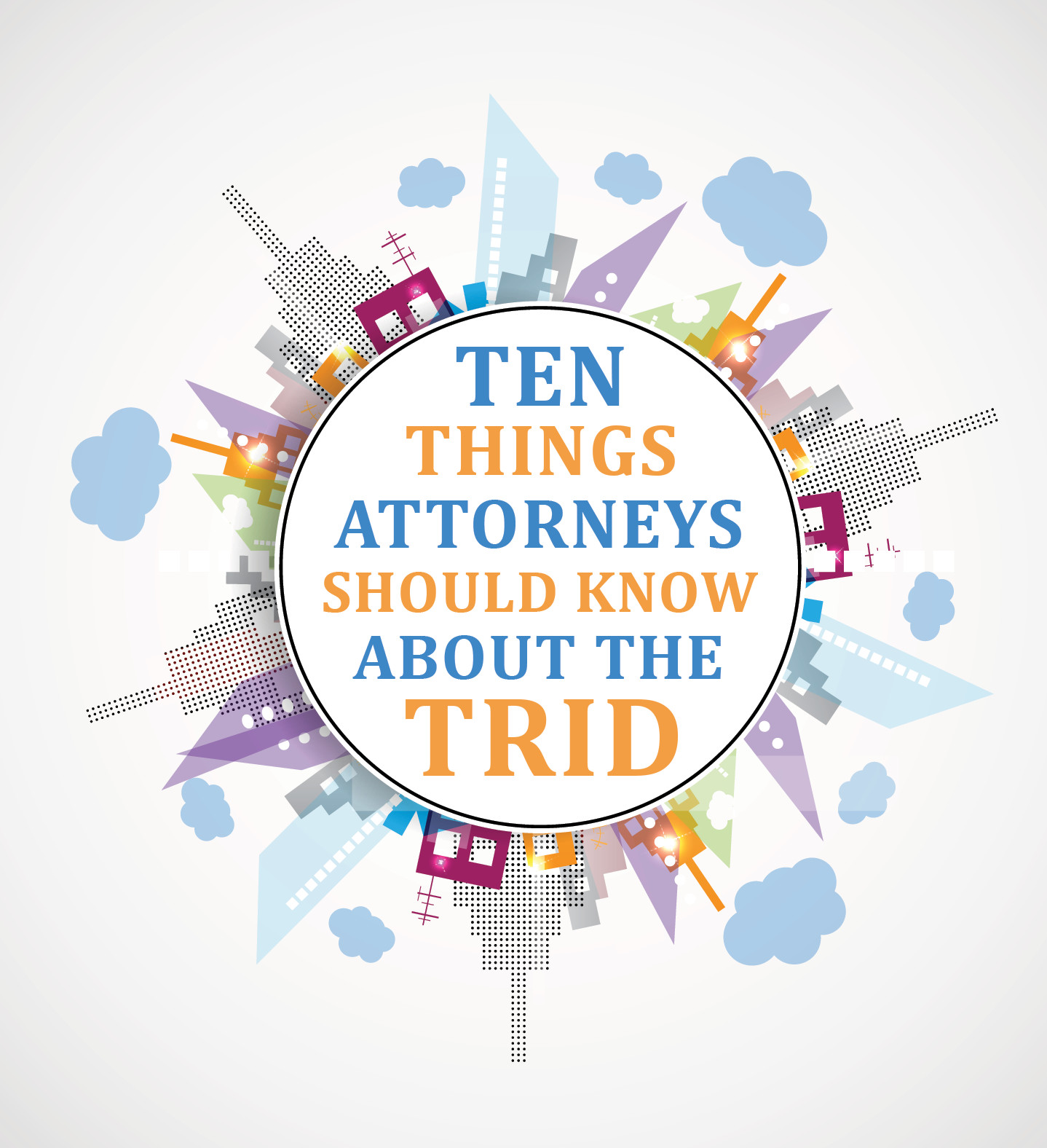Ten Things Attorneys Should Know About the TRID

Ten Things Attorneys Should Know About the TRID
- Sep, 29
- by Judicial Title
- Latest News
On October 3, 2015, the Consumer Financial Protection Bureau’s (CFPB) new mortgage disclosure rule, also known as the TRID will go into effect. The goal of the TRID is for consumers to have accurate and consistent information from application to closing. Here are ten things you should know about the coming changes.
- Initial Good Faith Estimate (GFE) and Truth in Lending disclosure (TIL) are combined into one new form called the Loan Estimate (LE).
- The HUD-1 and Final TIL are now combined into the Closing Disclosure (CD). Most major lenders will prepare the CD for the borrower; some however may rely on settlement agents. The Sellers CD will likely be prepared by the settlement agent.
- The CD must be delivered to the consumer/borrower at least three (3) days prior to the scheduled closing date (can be waived if consumer has a “bona fide emergency”).
- The Lender will provide the borrower/consumer a written list of providers so that they can shop for services.
- If the following changes occur then a new CD must be issued with an additional 3 day waiting period:
- APR changes 1/8 of a percent
- Pre-payment penalty added
- Loan product is changed (for example a change from a variable to fixed rate mortgage)
- General tolerance rule: All fees subject to zero tolerance unless otherwise excepted. Tolerances are categorized into 3 sections:
- 10% tolerance for charges paid to third parties-charges cannot increase by more than 10%
- no tolerance-charges can increase without limits if originally disclosed
- 0% tolerance- charges cannot increase at all
- How do you determine what category you fall in?
- Does lender allow borrower to shop for the third party services? Shopping is defined as providing a list to the buyer/consumer.
- If third party provider is on the lender list, there is a 10% tolerance, if not on the list there is no tolerance.
- Fees that cannot increase:
- fees to brokers or creditor
- charges to an affiliate of broker or creditor
- charges to an unaffiliated third party – if consumer not allowed to shop
- transfer taxes
**Any variation of the above must be refunded no later than 60 days after closing.
- Seller must receive CD by or at closing. Seller’s CD does not disclose the consumer/buyer transaction.
- The TRID does not apply to: HELOCS, Reverse Mortgages, Commercial Loans and lenders who make 5 or less loans per year.
For additional information regarding the TRID please reference the following:
Basics of the TILA-RESPA Integrated Disclosure Rules
Understanding the Integrated Mortgage Disclosure Rules
Three Day Closing Disclosure Rule
Your browser is out-of-date!
Update your browser to view this website correctly.Update my browser now


